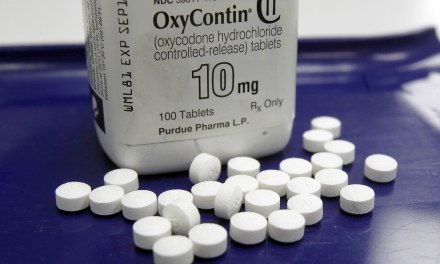Turns out that the recent unexpected events in Syria– particularly the overthrow of an authoritarian regime led by Bashar Al-Assad– may have been about drug trafficking as much as politics.
That’s because of Syria’s role as the premier trafficker of an amphetamine known as Captagon. Cheap, potent, and popular, this humble stimulant has emerged as a major factor in the life of the region– not only from a public health standpoint, but also an economic and social one. (Not the first time we’ve discussed this.)
It’s well known that the Assad government was collecting vast sums from its involvement in the Captagon trade. According to this article, neighboring states were not at all happy about it.
The synthetic stimulant that earned billions for the Assad regime in Syria
Oral amphetamines have long been valued for their ability to suppress appetite and to provide the user with a quick boost in energy and improved alertness. That was of real value on the battlefield, and now also in professions that require workers to meet strict, often unrealistic performance targets.
“Sounds like Silicon Valley,” joked an IT professional, who’d worked there. So we’ve heard.
As Captagon use exploded, the Syrian government grew dependent on the money earned from trafficking– to the point where experts had begun to refer to the country itself as a “narco-state”. Current revenues were estimated at $10 billion, with a quarter of that going directly to Assad and his cronies.
Without that revenue, the government would have struggled to maintain operations, and perhaps more importantly, its own power.
Dictators who see the end coming are prone to flee rather than fight. Assad did just that, making it to Russia, where he was welcomed — for now, at least.
So what will happen to the Captagon trade in the near future? I don’t think anyone knows. The new government has stated its commitment to the principles of Islam, which would presumably mean an abrupt cessation of the drug business. If that were to happen, it’s possible that one or more of the other players in the region would attempt to take over.
The demand is already there, after all. The promise of quick riches will be difficult to resist.
The article sums things up nicely: “The future remains uncertain when it comes to the powerful forces of a cartel economy driven by billions of dollars, high demand and a fragile transitional government.”













